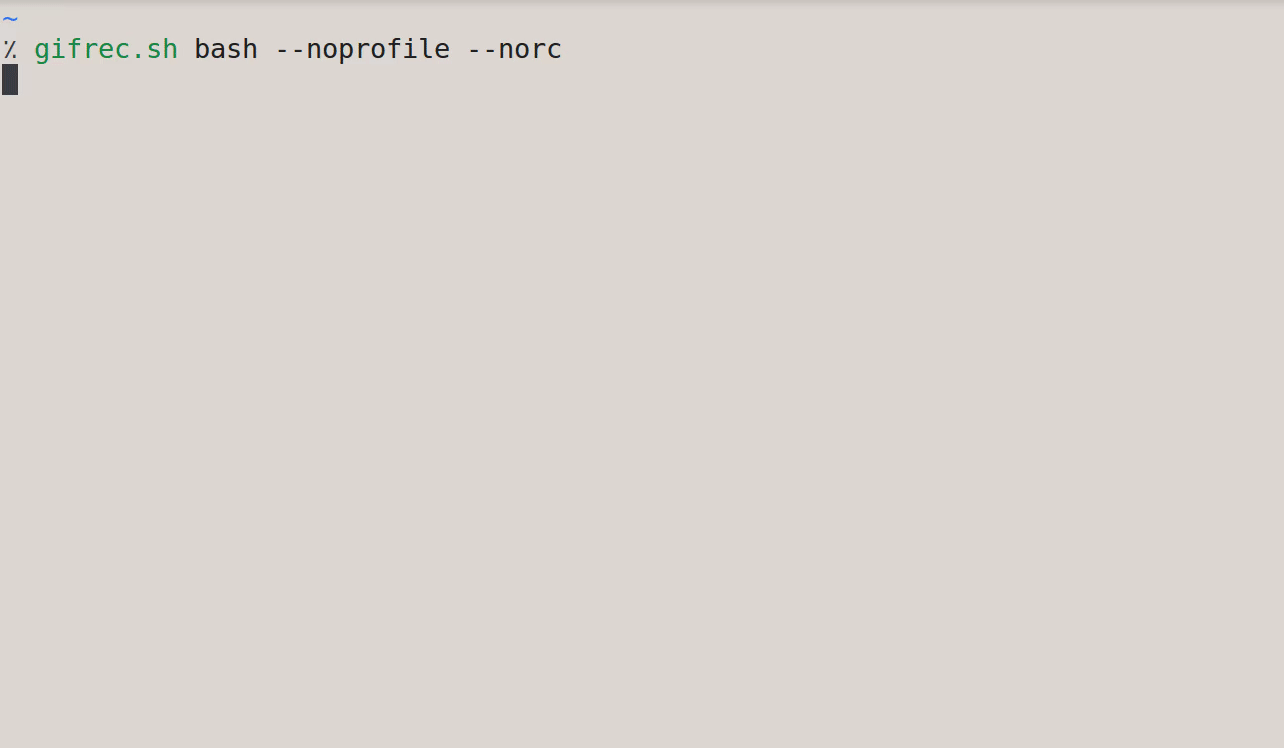
,IFNULL(ANY_VALUE(IF(tag2='android',1,null)),0) Xandroid ,IFNULL(ANY_VALUE(IF(tag2='python',1,null)),0 ) Xpython ,IFNULL(ANY_VALUE(IF(tag2='javascript',1,null)),0) Xjavascript You can reduce or augment the sensibility of these relations with the percent threshold: ‘unit-testing’ a relation to almost every column here, except to ‘php’, ‘html’, ‘css’, and ‘jquery’.‘multi-threading’ shows a relation to ‘python’, ‘java’, ‘c#’, and ‘android`.‘machine-learning’ shows a relation to ‘python’, but not the other way around.‘javascript’ shows a relation to ‘php’, ‘html’, ‘css’, ‘node.js’, and ‘jquery’.What you see here is a co-occurrence matrix: Let’s see first a subset of these results: Then I can use that string to get a huge table, with a 1 for every time a tag co-occurs with the main one at least certain % of time. So I’m going to create a string first that will define all the columns where I want to find co-occurrence. BigQuery ML does a good job of hot-encoding strings, but it doesn’t handle arrays as I wish it did (stay tuned).

WHERE tag1 IN (SELECT tag FROM active_tags)ĪND tag2 IN (SELECT tag FROM active_tags)

SELECT *, MAX(questions) OVER(PARTITION BY tag1) questions_tag1įROM data, UNNEST(SPLIT(tags, '|')) tag1, UNNEST(SPLIT(tags, '|')) tag2 SELECT *, questions/questions_tag1 percent
#BITNAMI MEAN STACK ENVIRONMENT CLEAR COMAND PLUS#
So I’ll take these relationships and I’ll save them on an auxiliary table - plus a percentage of how frequently a relationship happens for each tag.ĬREATE OR REPLACE TABLE `deleting.stack_overflow_tag_co_ocurrence`įROM `fh-bigquery.stackoverflow_archive.201906_posts_questions` Let’s find tags that usually go together:Ĭo-occurring tags on Stack Overflow questions ORDER BY 2 DESC Top Stack Overflow tags by number of questions. In this picture I only have 240 tags - how would you group and categorize 4,000+ of them?įROM `fh-bigquery.stackoverflow_archive.201906_posts_questions`, These are the most active Stack Overflow tags since 2018 - they’re a lot. You can check out more about working with Stack Overflow data and BigQuery here and here. In this post he works with BigQuery – Google’s serverless data warehouse – to run k-means clustering over Stack Overflow’s published dataset, which is refreshed and uploaded to Google’s Cloud once a quarter. Felipe Hoffa is a Developer Advocate for Google Cloud. Visualizing a universe of clustered tags. How would you group more than 4,000 active Stack Overflow tags into meaningful groups? This is a perfect task for unsupervised learning and k-means clustering - and now you can do all this inside BigQuery.


 0 kommentar(er)
0 kommentar(er)
